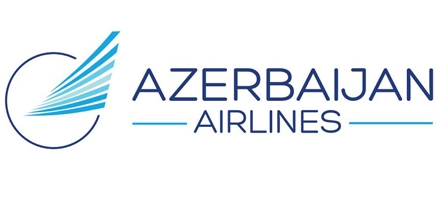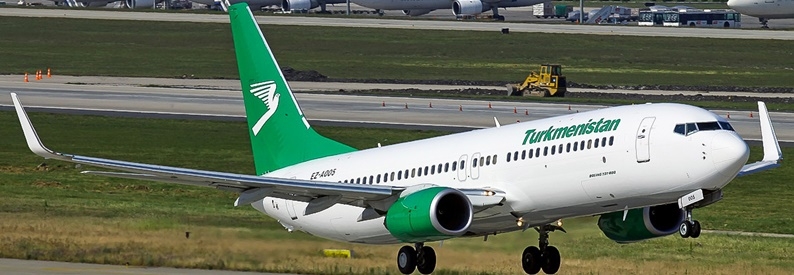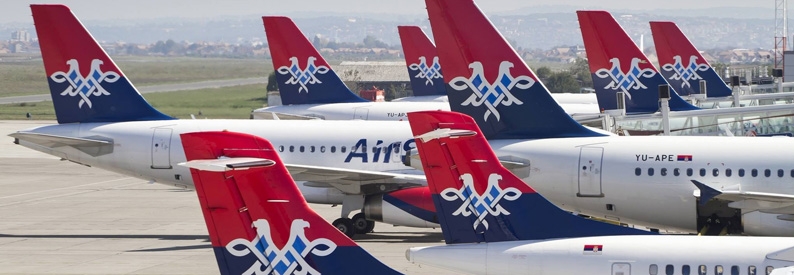AZAL Azerbaijan Airlines (J2, Baku Heydar Aliev International) has officially released its Deloitte-audited financial report for 2020, according to which its net loss for the year amounted to AZN76.42 million manats (USD44.98 million), about 3% less than its loss for 2019. But it received millions in state subsidies to compensate.
The pandemic outbreak that year ensured that revenue at the state-owned flag carrier slipped from AZN1.01 billion (USD594 million) to AZN335.27 million (USD197.3 million), but “subsidies received from the government due to Covid-19” came to AZN232.1 million (USD136.6 million).
The report revealed that in total the Azerbaijani government provided the company with financial support totalling AZN279 million (USD164.2 million) during 2020, including subsidy income, paid-in capital, loan repayments, and other factors.
Total liabilities at the end of the period, on December 31, 2020, stood at AZN2.76 billion (USD1.62 billion), far exceeding its AZN1.99 billion (USD1.17 billion) worth of total assets. The liabilities included AZN334.16 million (USD196.68 million) that is due to aircraft lessors over the ensuing five years. The ch-aviation Commercial Aviation Aircraft Data module shows that AZAL owns its entire fleet of 31 aircraft except for four of its eight ERJ 190-100ARs, leased from Nordic Aviation Capital.
Azerbaijan Airlines also released financial accounts for the first ten months of 2021, during which it received AZN58.39 million (USD34.36 million) in further “financial assistance from the state” to stem losses from travel restrictions because of the ongoing pandemic. The report elaborated that “in addition, the Ministry of Finance directed AZN25.407 million [USD14.95 million] to pay off loans and leases” at the airline.
However, as a result of the partial restoration of flights, unaudited revenues at AZAL for the ten-month period amounted to AZN383.215 million (USD225.55 million).
Deloitte warned in its notes to the audited 2020 report that “the group has been significantly impacted by the Covid-19 pandemic, has negative working capital, recurring losses from operations, and accumulated deficit. These events or conditions [...] indicate that a material uncertainty related to events or conditions exists that may cast significant doubts on the group’s ability to continue as a going concern.”
- Type
- Base
- Aircraft
- Destinations
- Routes
- Daily Flights







